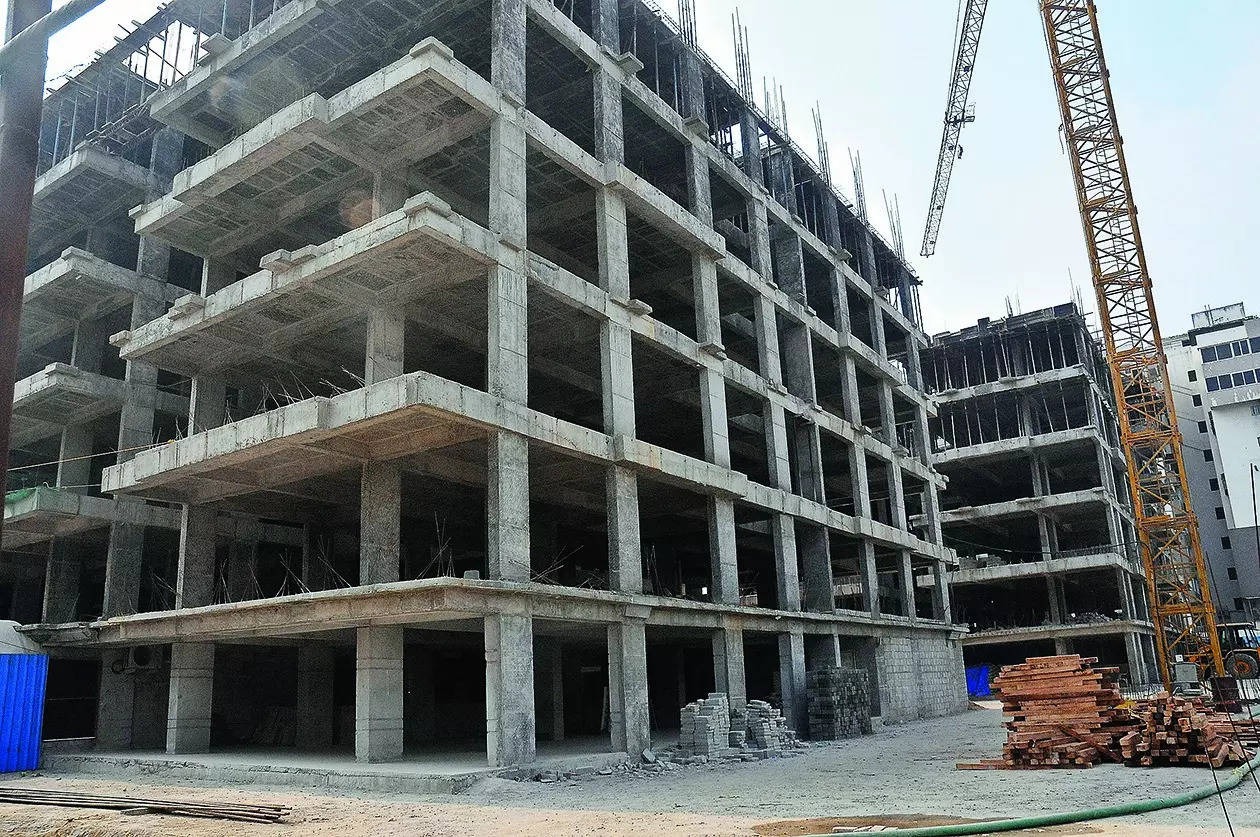[ad_1]
If approved by the GST Council, this will likely provide a significant boost to the affordable housing sector.
Currently affordable housing attracts GST of 1%, while other housing projects are levied 5%. The input tax credit (ITC) facility is not available in both cases.
The seven-member GoM headed by Goa chief minister Pramod Samant may also recommend enhancing tax on luxury housing above Rs 15 crore and may not give any relief to joint development agreements (JDAs) on the application of GST.
“There was a general consensus that the definition of affordable housing for the purpose of GST must be enhanced, however the majority of the members were opposed to GST on JDA,” a person aware of the discussions at the panel told ET.
The GoM met last week in Goa and is likely to submit its report ahead of the next GST Council meeting, expected to be in the second week of November. The final call on the recommendations is made by the GoM.The other GoM members include Samrat Choudhary, deputy chief minister of Bihar; Suresh Kumar Khanna, finance minister of Uttar Pradesh; KN Balagopal, finance minister of Kerala; Aditi Tatkare, women & child development minister and GST council representative for Maharashtra and Harpal Singh Cheema, finance minister of Punjab and Gujarat finance minister Kanubhai Mohanlal Desai.The 33rd GST Council meeting in February 2019 had defined affordable housing as, in case of a flat, with a carpet area of up to 90 square meters in non-metropolitan cities and towns, and 60 square metres in metropolitan cities having value up to Rs 45 lakh.
The metropolitan cities as per the definition are Bengaluru, Chennai, Delhi-NCR (limited to Delhi, Noida, Greater Noida, Ghaziabad, Gurgaon and Faridabad), Hyderabad, Kolkata and Mumbai.
GST on JDA, Leasehold
The GoM was not in favour of tweaking the GST on joint development projects, rejecting the request of the industry to allow input tax credit on JDAs after April 1, 2019.
[ad_2]
Source link



